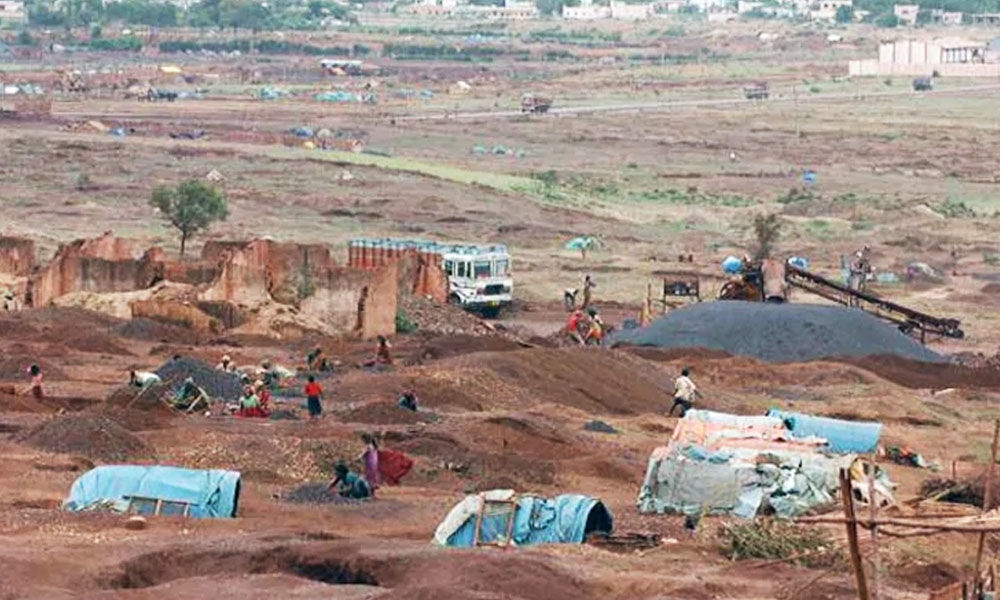Amid the public outrage over the controversial Draft Environmental Impact Assessment (EIA) notification, 2020 set to close in less than 10 days, an official correspondence accessed by a Right To Information (RTI) request has revealed that the text of the notification has only been translated into three languages, instead of at least 22.
The Delhi High Court, on June 30, had ordered that the draft EIA be translated into ‘at least the languages mentioned in the Eighth Schedule of the Constitution’ within 10 days. The list constitutes 22 languages.
However, according to documents obtained by environment activist, Vikrant Tongad, despite five reminders by the Centre to various States, the Centre got translations of the draft EIA only in three languages – Marathi, Nepali and Odia, reported The Hindu.
While the draft was originally opened for comments from April 11 to June 11, it was later extended because of the lockdown. Following protests and a petition in the Delhi High Court, the period of public consultation on the draft was extended to August 11 by the HC on June 30.
The Draft EIA was unveiled to the public on March 2020 by the Ministry of Environment, Forests and Climate Change, to replace the 2006-version of the law. Since then, it has come under severe criticism from environmentalists and activists, who have demanded its early withdrawal.
The Draft EIA is expected to significantly overhaul the environmental clearance process for all infrastructure projects in the country. For instance, all inland waterways projects and national highways expansion projects are exempted from obtaining environmental clearance before the work on the projects begin. Instead of this, the developers have the option to obtain a clearance after the project is initiated – a post-facto environmental clearance.
Among other changes, the draft proposed reducing the time allowed for public comment on assessments and allowing more projects to avoid the public comment process entirely.
Also Read: Record 212 Environment, Land Activists Killed In 2019: Watchdog












